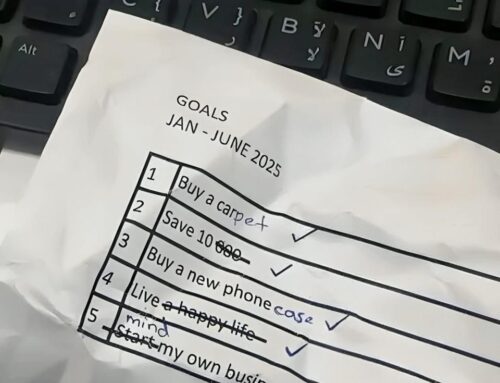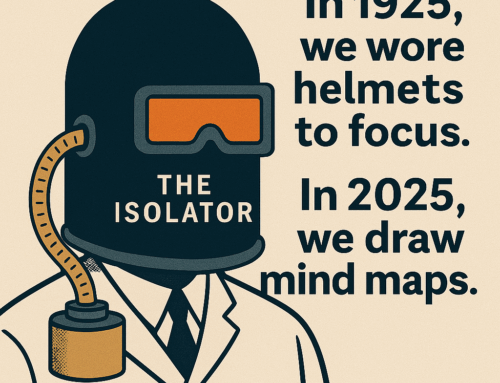We always have a published or unpublished spec of the quality of our deliverables, with which our stakeholders are satisfied. Checklists help you to remain consistent with that spec. The second benefit is that your mind is no more trying to remember this knowledge, the next moment you capture it in a checklist. This sets your mind free to attend to more creative things.
Checklists are often taken as very special purpose tools that only pilots and surgeons use or something that organizations lay them down for their employees. But checklists play a great role even in personal productivity.
We should make a checklist for anything and everything in our life that we might think would be required to be repeated.
Create a checklist while you are doing it so as to save the extra step of recollection. Start drafting checklist without worrying about being 100% complete, in the first attempt, itself. The idea is to set up the placeholder. Once you have the placeholder, it is easy to make it complete as you identify more and more checkpoints.
Don’t forget to keep all checklists in one place which is easy to access. As you improve your process with experience, you should also keep refining your checklists.
Here is an example of a checklist that I have been building for the preparation of my webinars.
- Remind family about the time and duration of the session.
- Recheck information about the attendees.
- Ensure that the virtual meeting link is provided
- Check WIFI speed
- Charge Bluetooth headset, Cellphone
- Make a quick dry run of the PPT
- Close unnecessary apps
- Extend display to the second monitor
- Grooming
- Wipe spectacles
- Get water to drink
- Get Notebook and pen
Be conscious about making a checklist, next time you start a new process.






